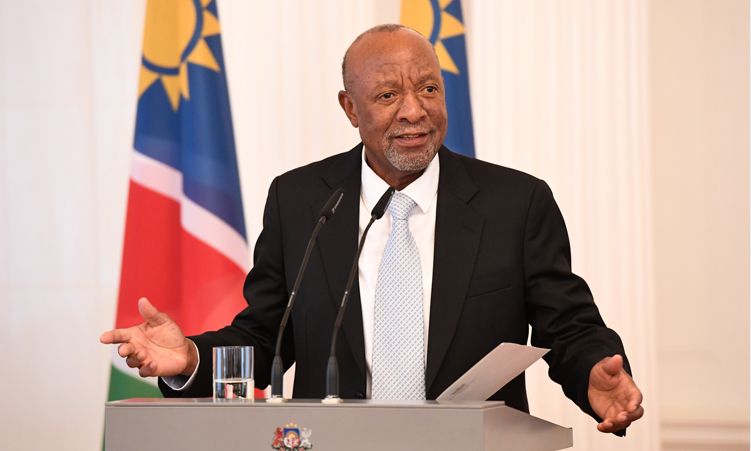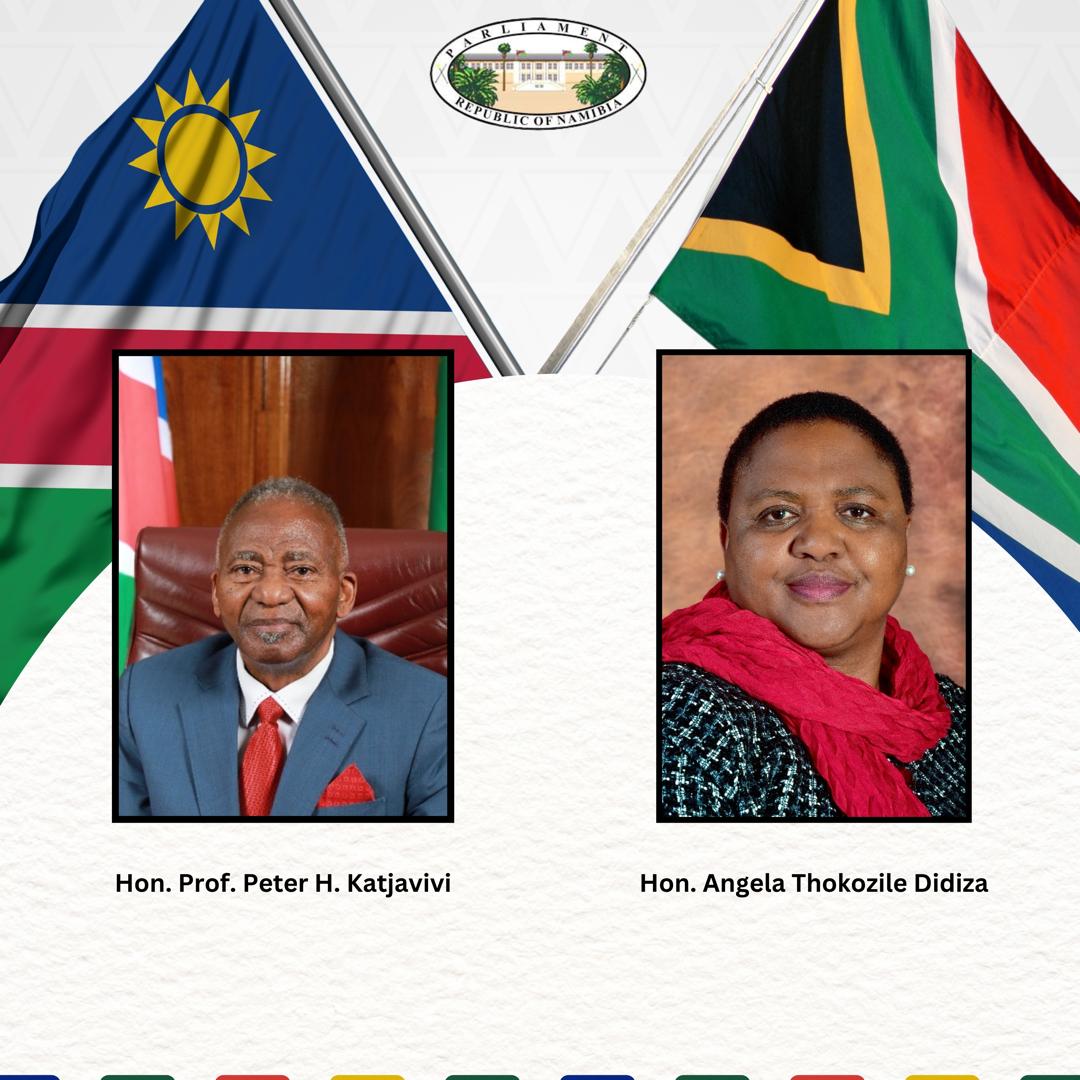The portrayal of Africa as the ‘cradle of mankind’ often does not consider the continent’s vibrant economic landscape, particularly in the overlooked communities that boast significant potential.
This was said by the co-founder of the African Economic Leadership Council, Heinrich Hafeni, at the opening of the Discover Namibia MSME and Township Economy Expo and Business Conference at Swakopmund last Thursday.
He said these communities that include rural areas, townships and youthful demographics, have for too long been on the sidelines of economic progress, emphasising that events such as the expo are an opportunity to ignite their potential and elevate their contribution to Africa’s growth.
“Hard-working entrepreneurs within our communities in Africa, in our settlements, in our townships, in our villages … never get the recognition to be able to also situate themselves in front and be given the opportunity and hope that they too matter,” Hafeni said.
He said the unfortunate reality that while these communities are teeming with talent and enterprise, they are yet to fully benefit from Africa’s economic growth.
“For too long, they have been deprived of crucial resources such as access to capital, quality education and viable markets for their products,” he said.
Yet, according to him, the African Continental Free Trade Area (AFCFTA) signals the dawn of a new era for these overlooked communities.
“We have 55 African countries in the continent of the free trade agreement area. Africa is now open for business.
No more can we just do business on the sidelines; there is now an opportunity for you to do business in other African countries,” he said, adding that AfCFTA presents an unrivalled opportunity for these communities to access new markets and collaborate with partners across borders.
In his keynote address, read by minister in the presidency Christine Hoëbes, president Hage Geingob echoed Hafeni’s concerns about overlooked communities.
“Our young people are searching for a way out from economic hardship and vulnerability towards economic inclusion and empowerment,” he said.
To leverage this, Geingob said steps must be taken to eliminate the hurdles these communities face.
“The persistent challenges of access to capital, which is even more pronounced in the informal township economies [and] the limited supply of risk capital for start-ups, more so in the township and rural economies,” he said.
Geingob said the implementation of policies that nurture entrepreneurship and start-up growth is critical.
The Namibia start-up policy and the national informal economy policy are promising initiatives in this respect, designed to foster an environment conducive to business growth and innovation.
“The crucial aspect in the war against poverty towards inclusive growth and shared prosperity is growing the economy by enabling more Namibians to become the owners and managers of productive economic assets,” Geingob said.
About 120 exhibitors and 200 delegates attended the expo and conference.
The two-day conference explored a range of key sectors, including oil and gas, agriculture, food security and green hydrogen.
Stay informed with The Namibian – your source for credible journalism. Get in-depth reporting and opinions for
only N$85 a month. Invest in journalism, invest in democracy –
Subscribe Now!






